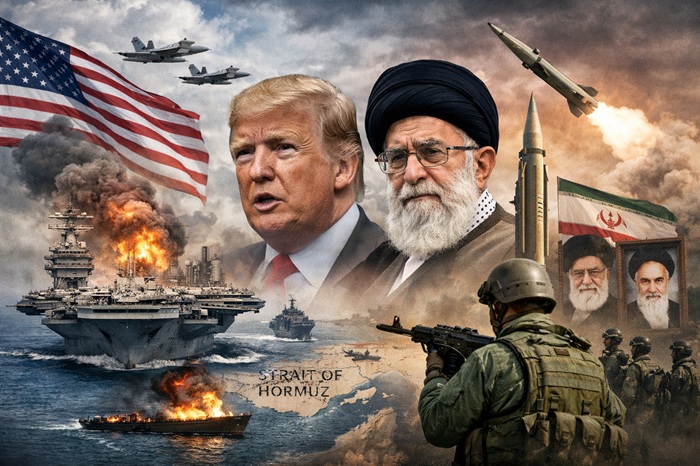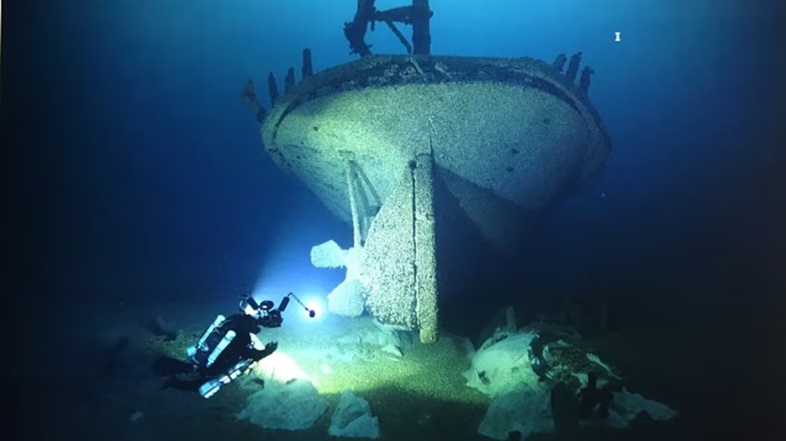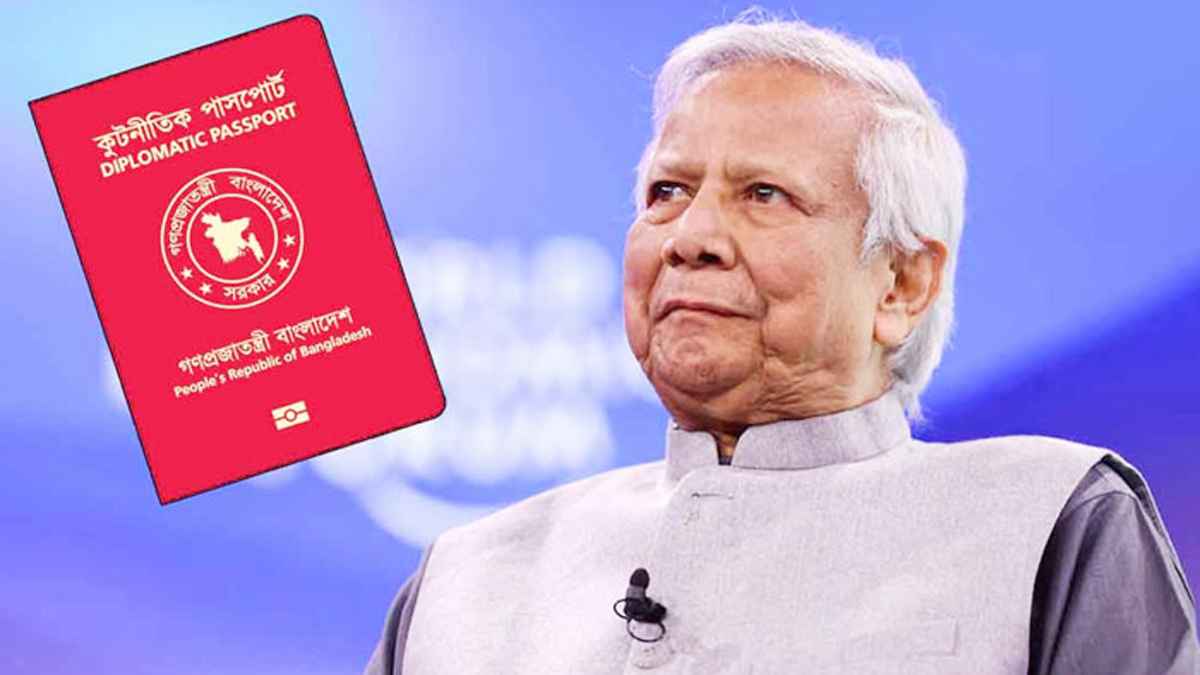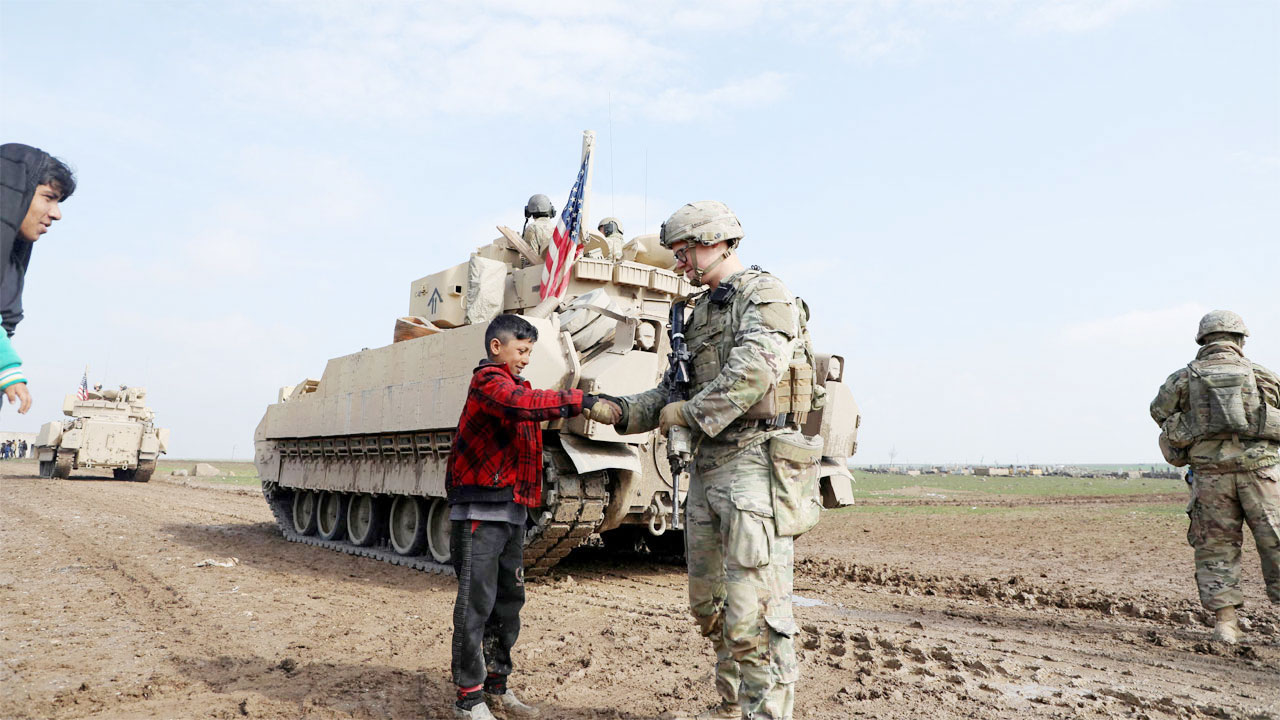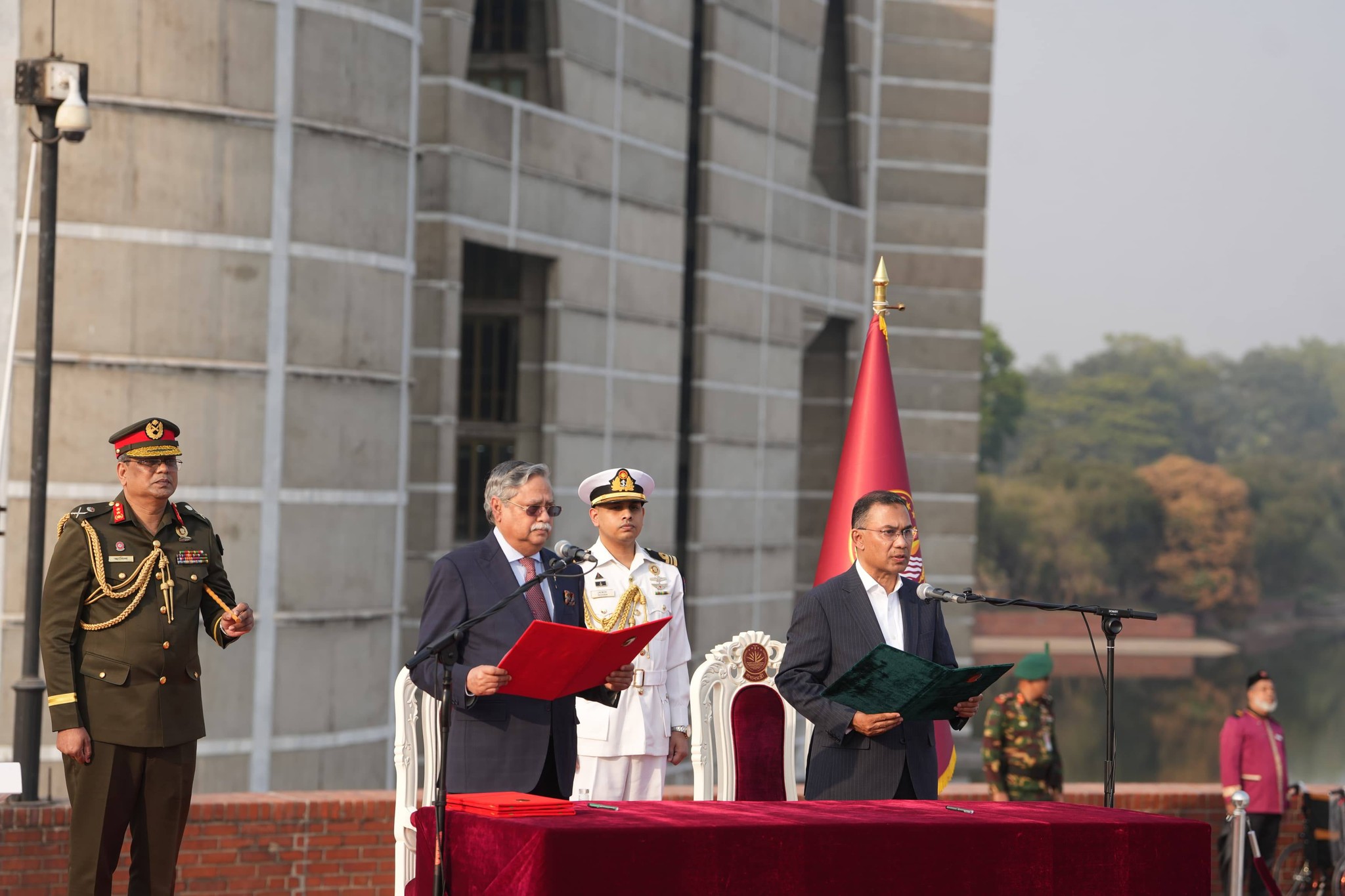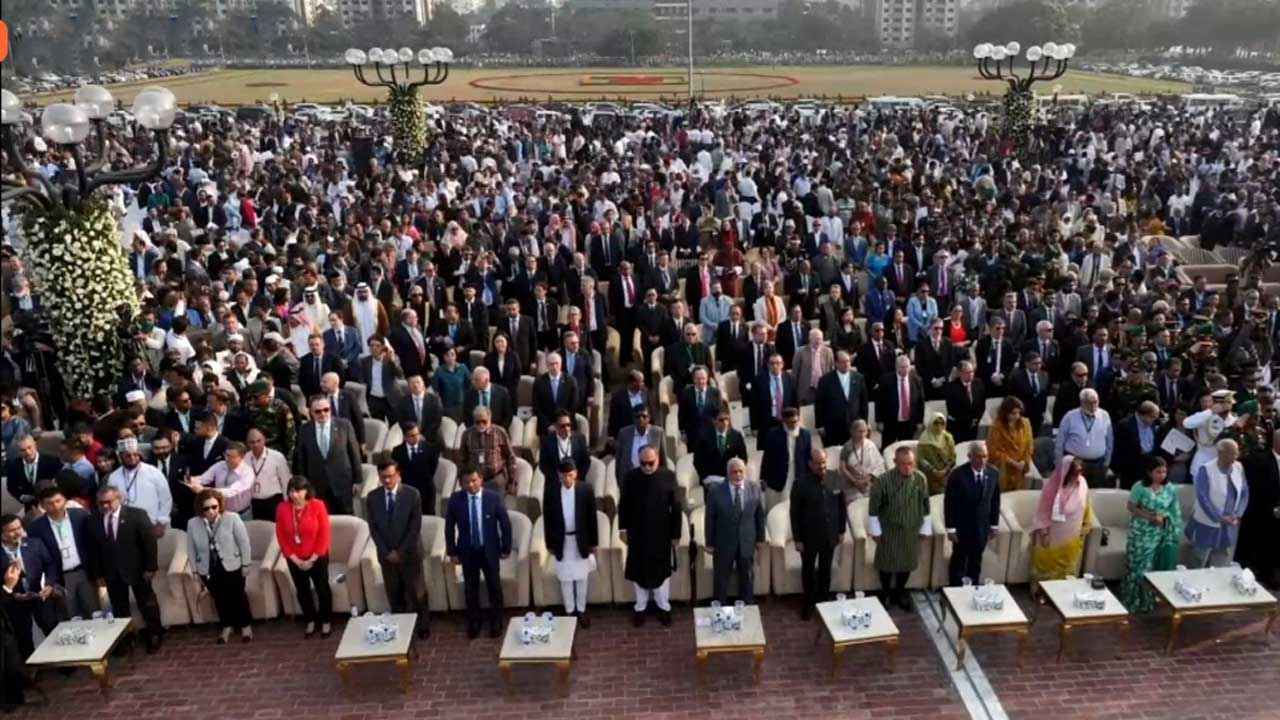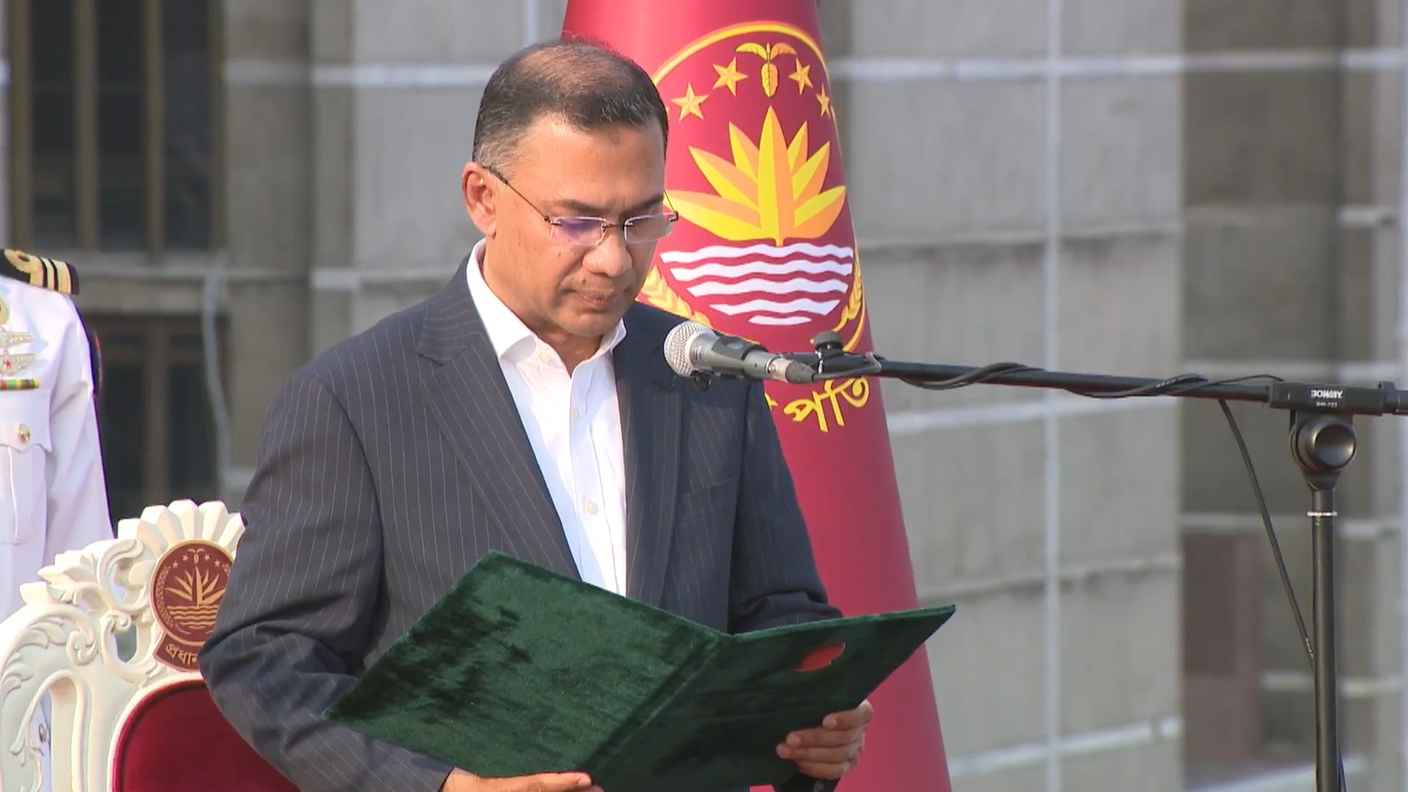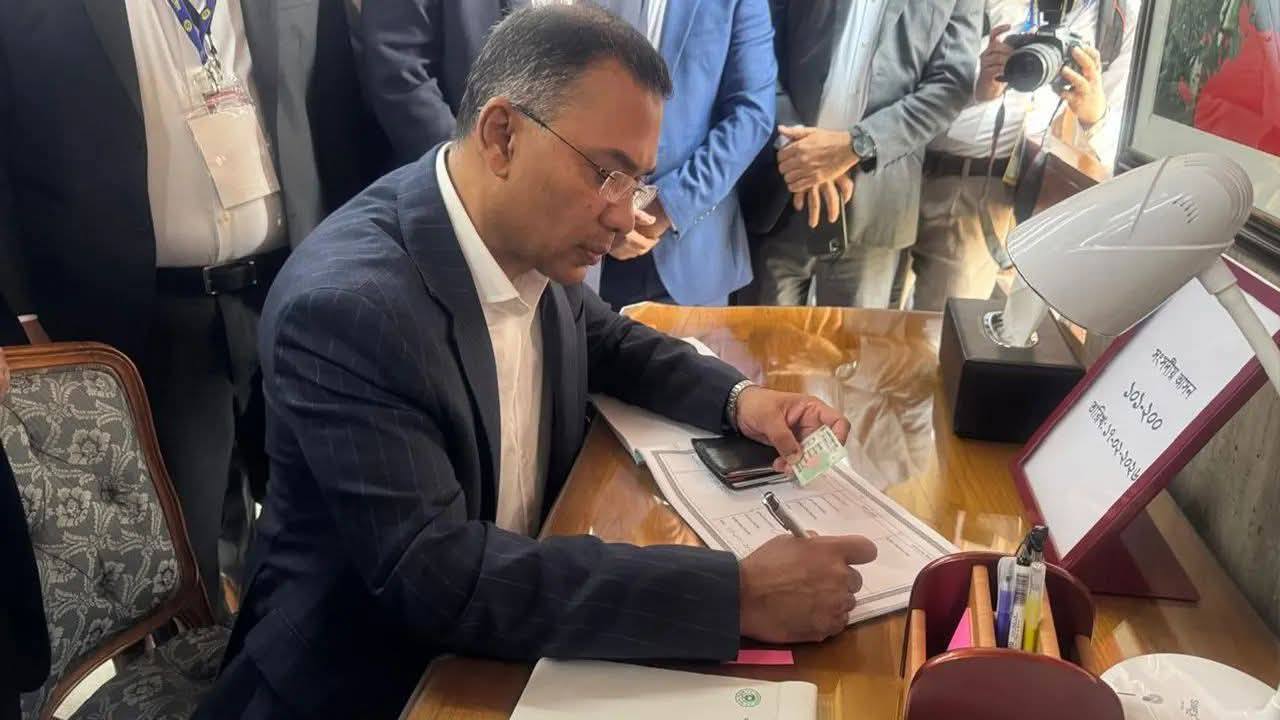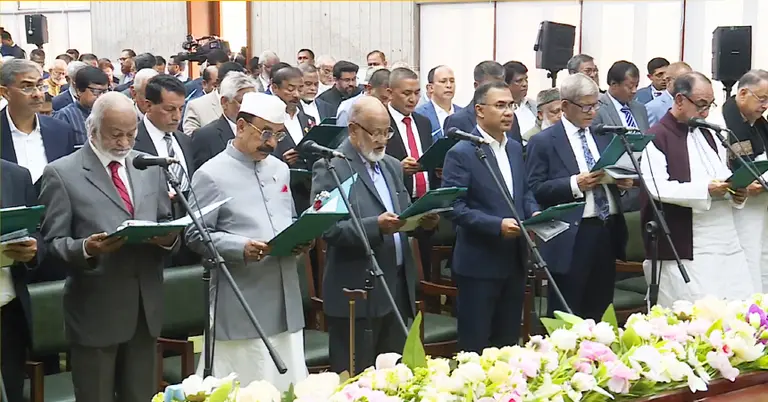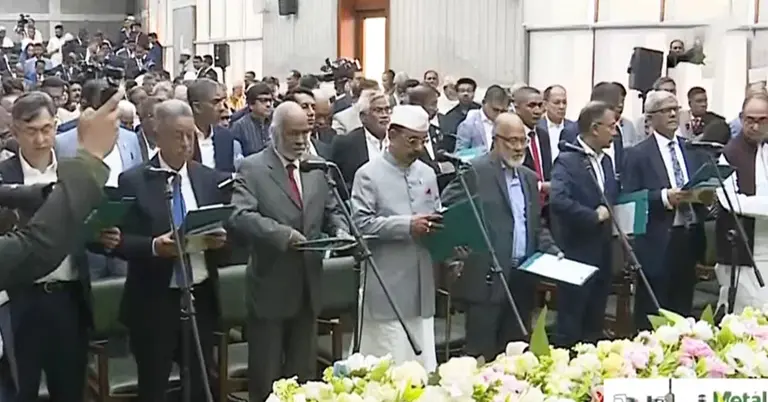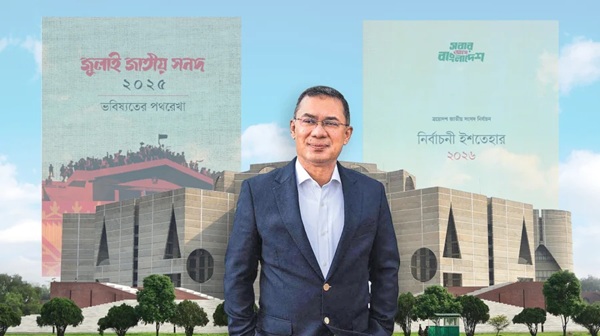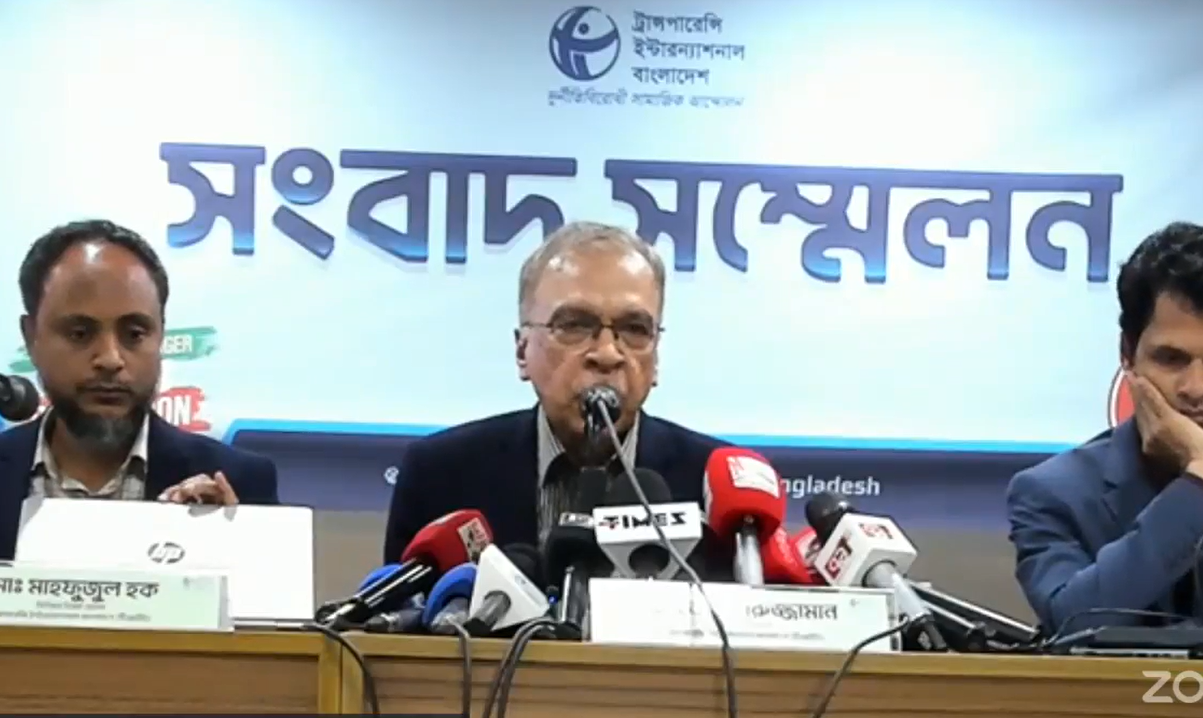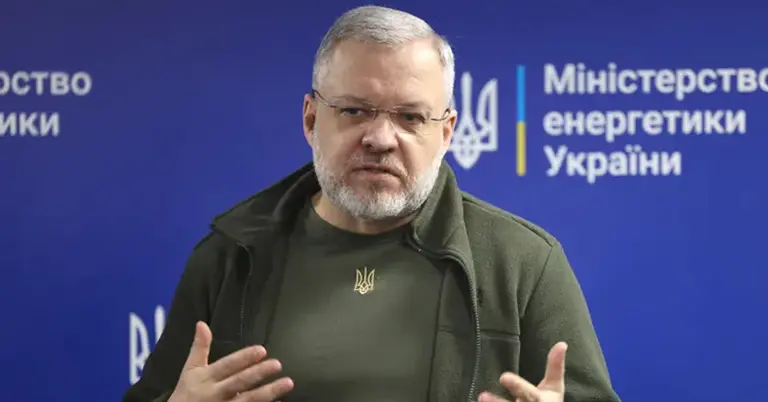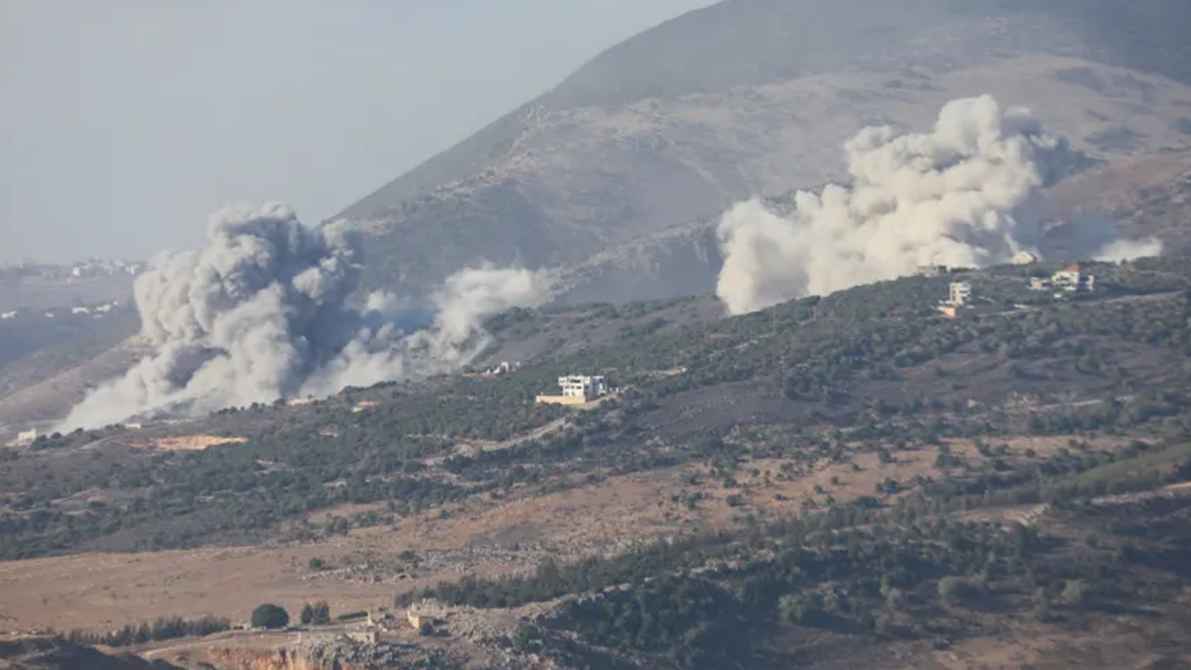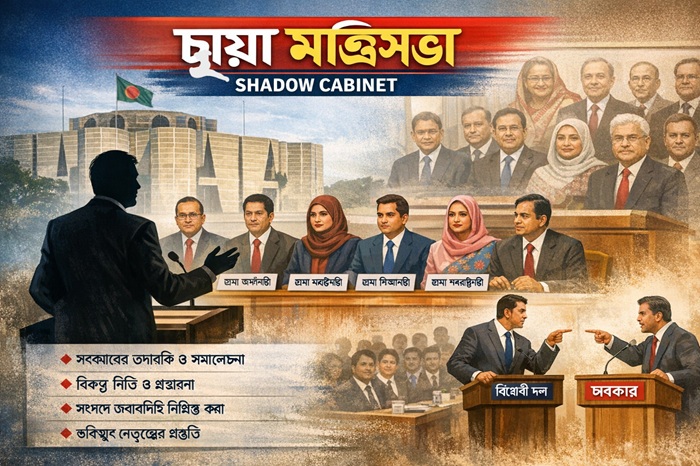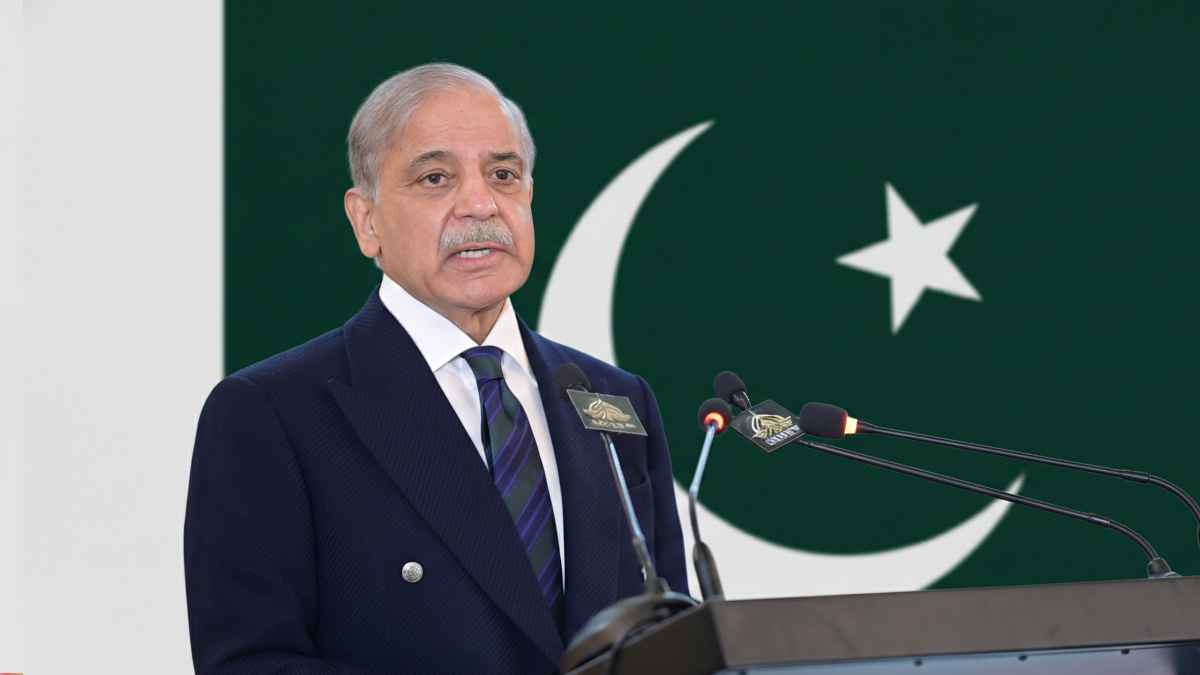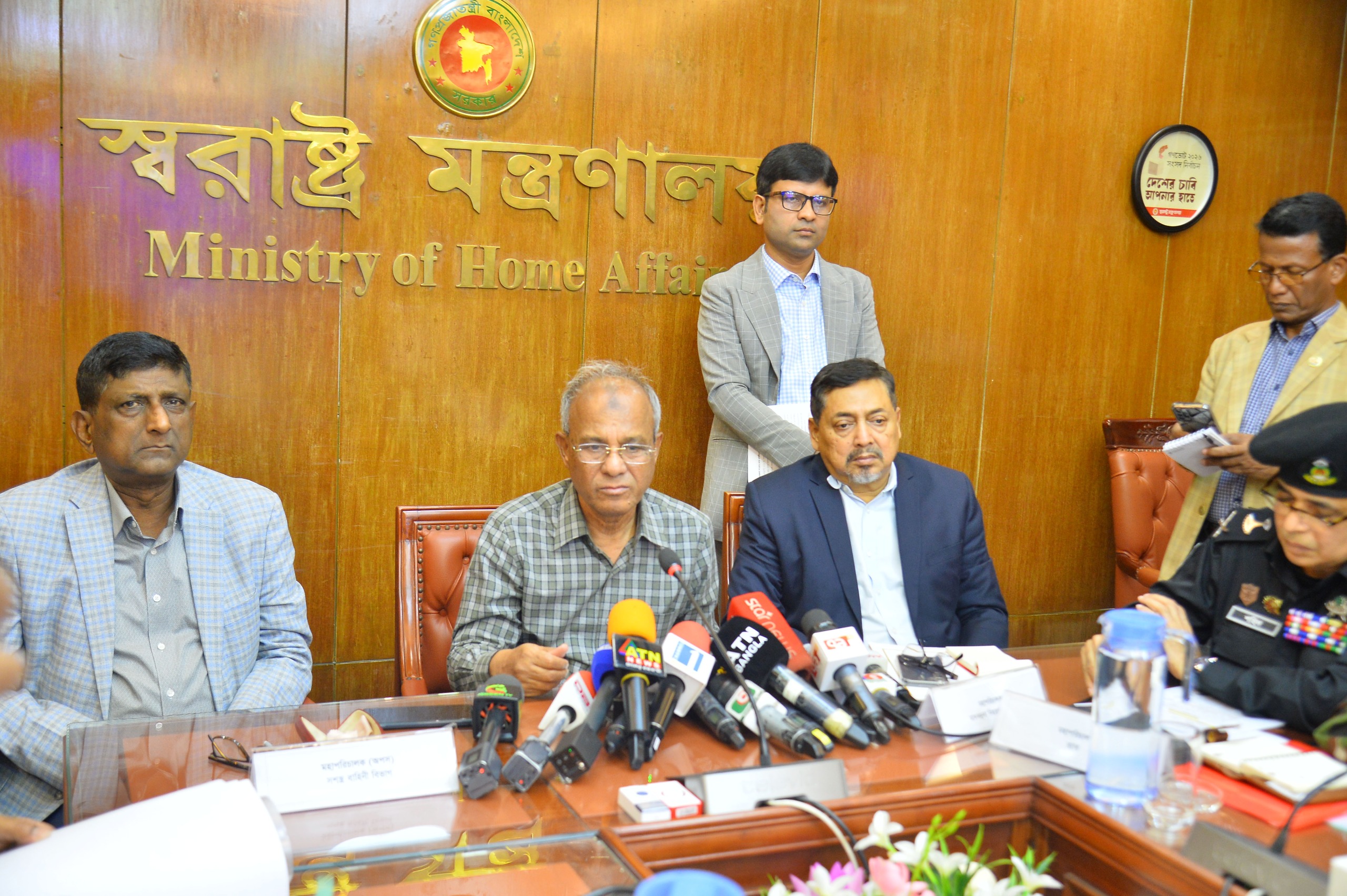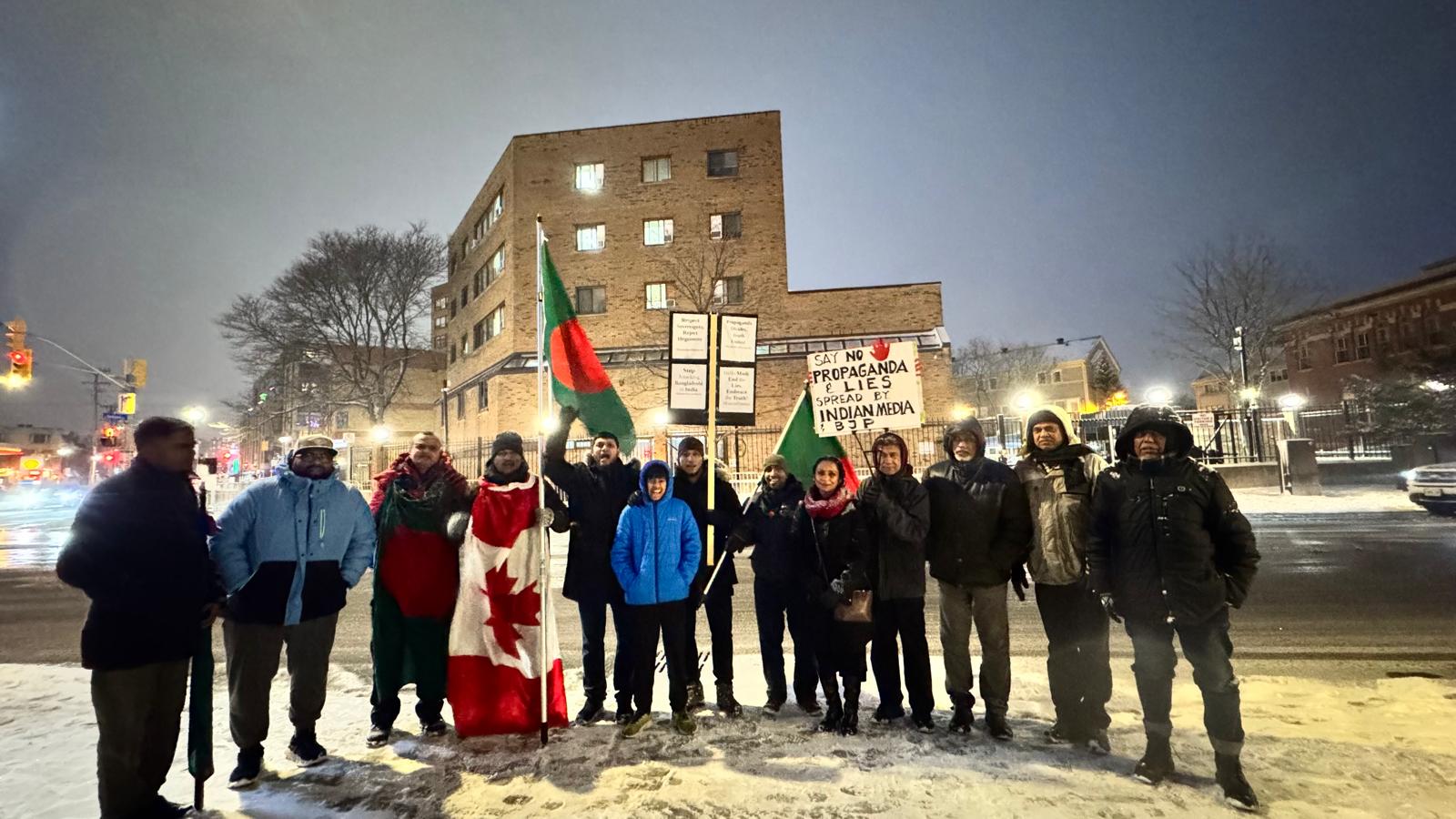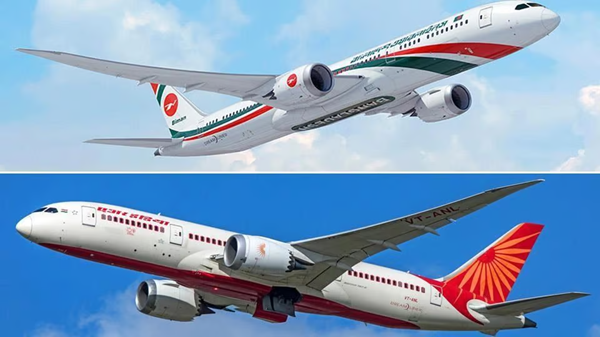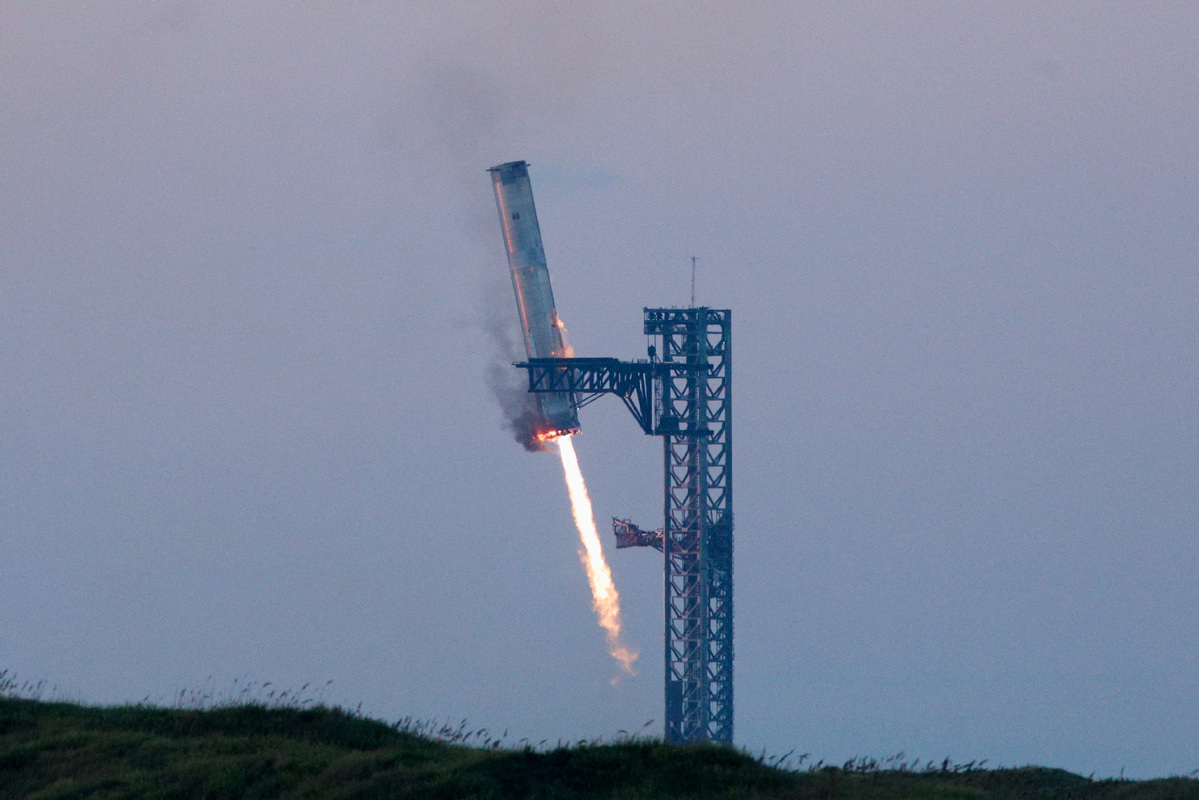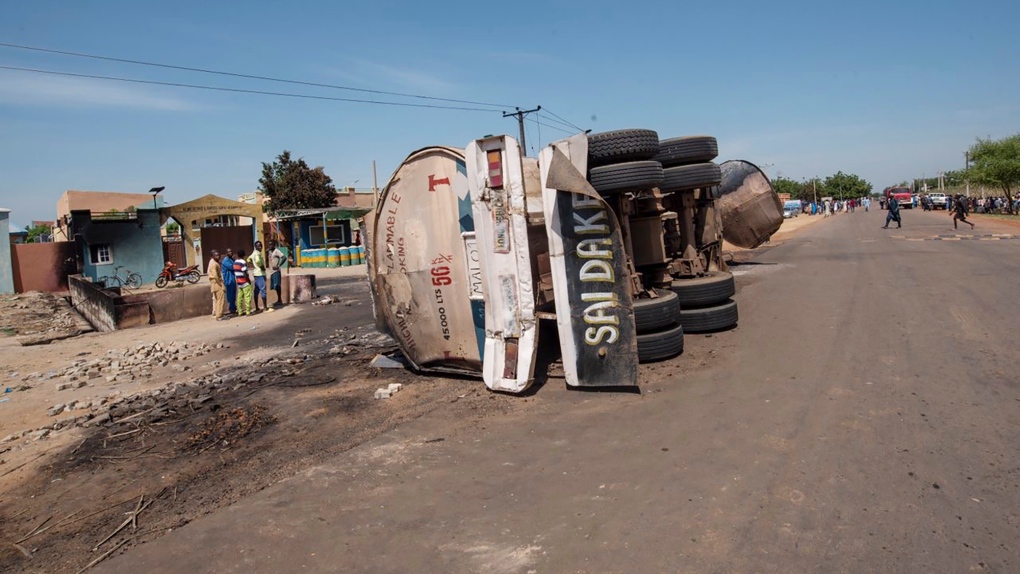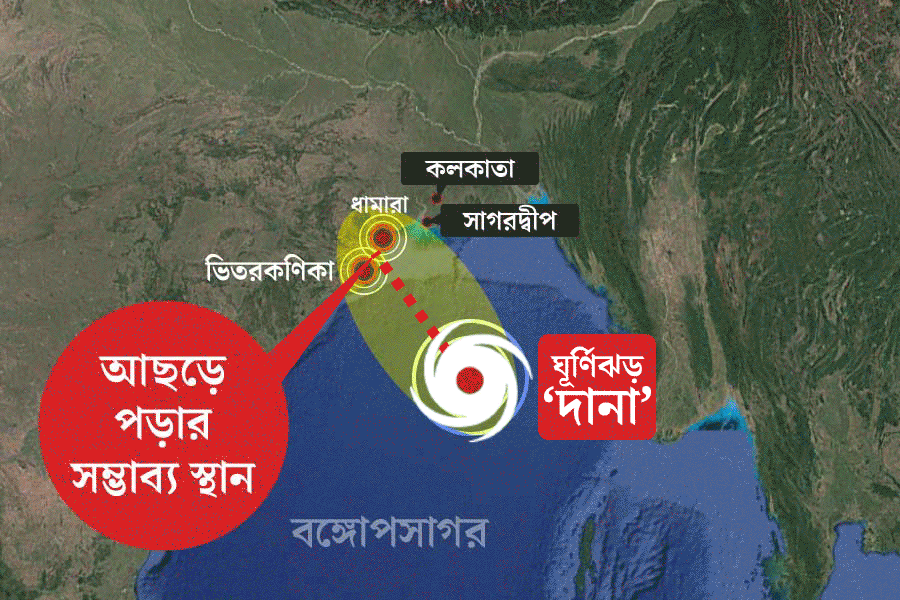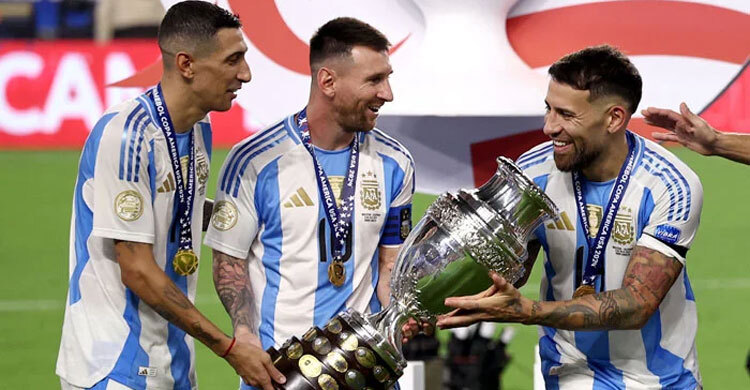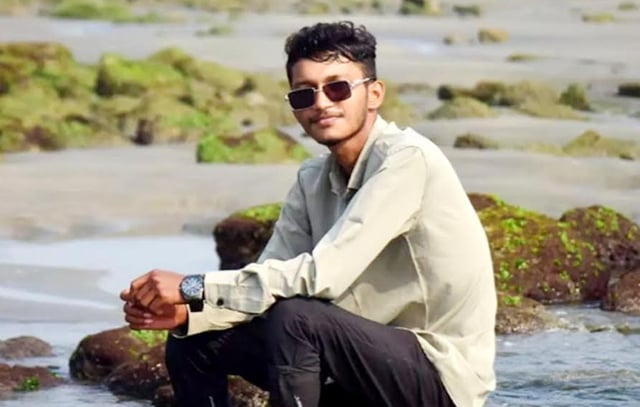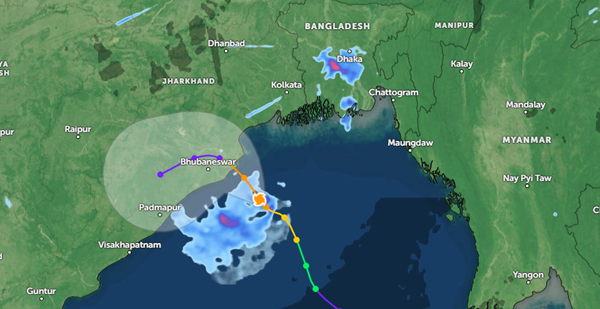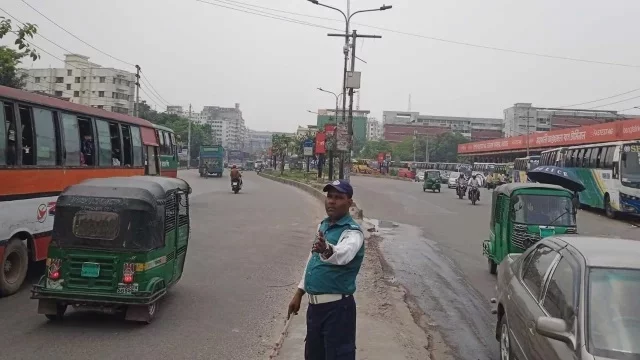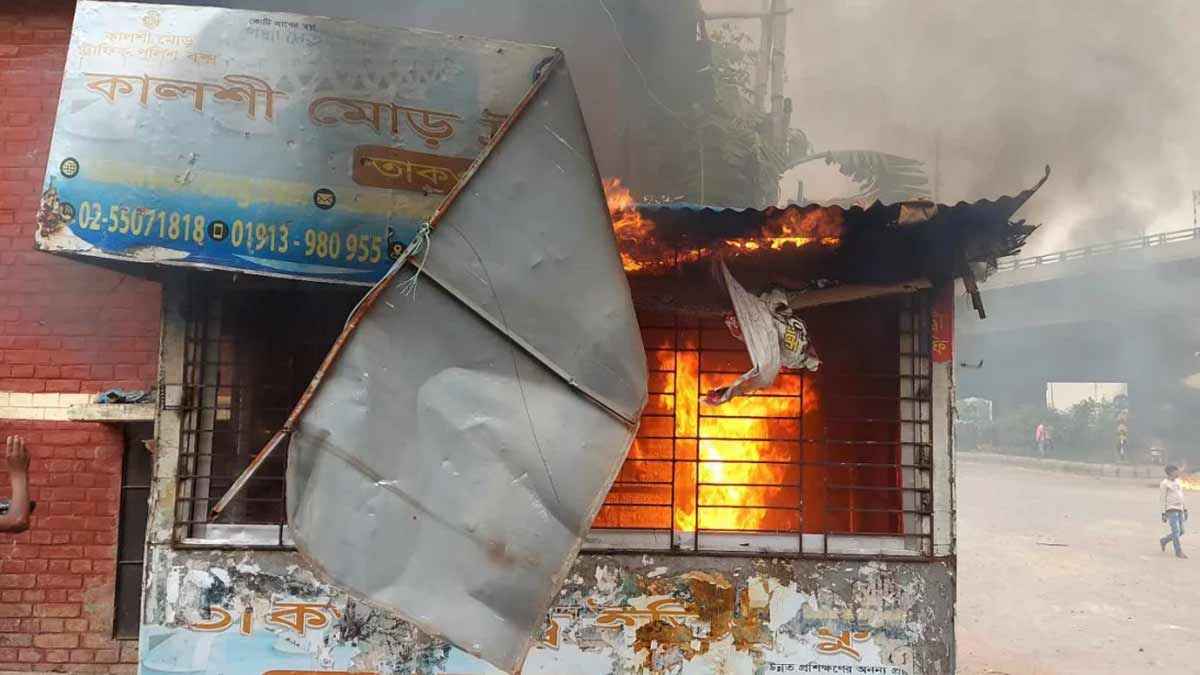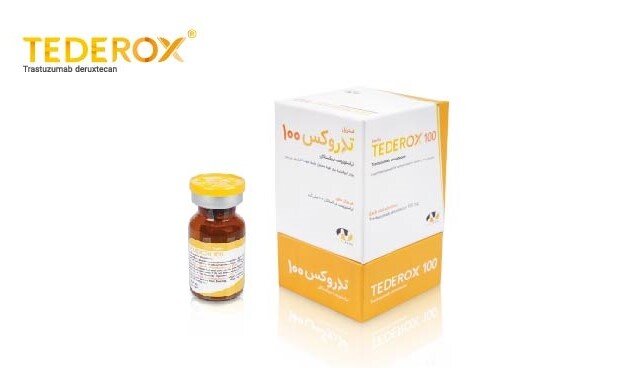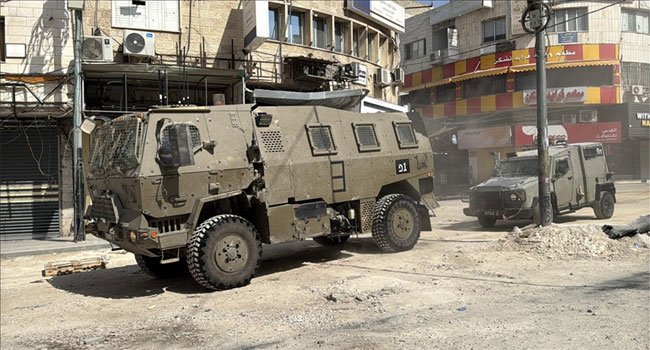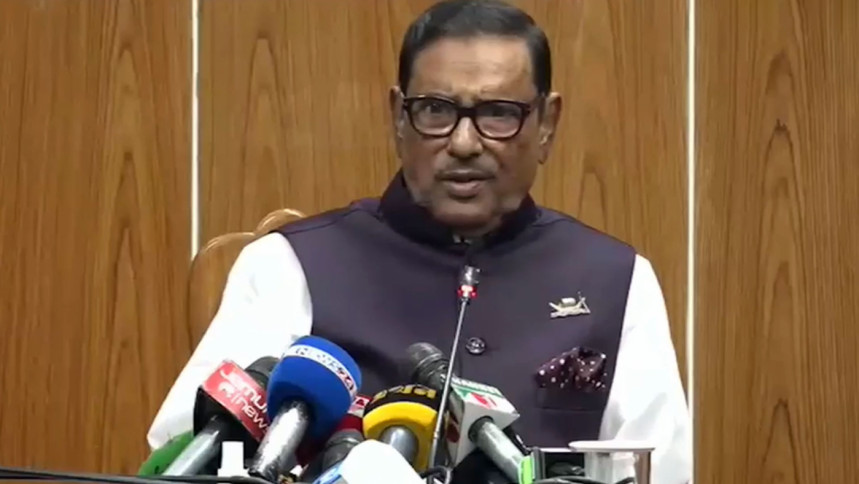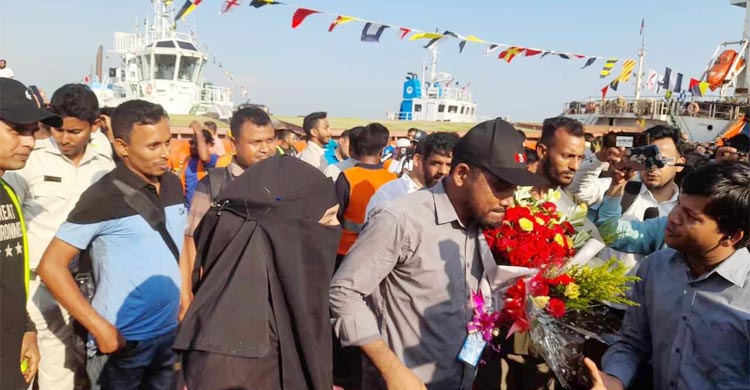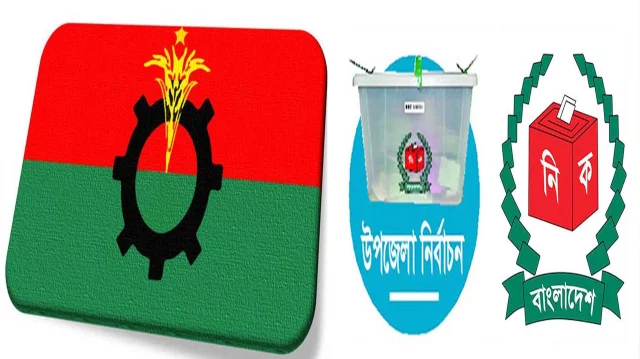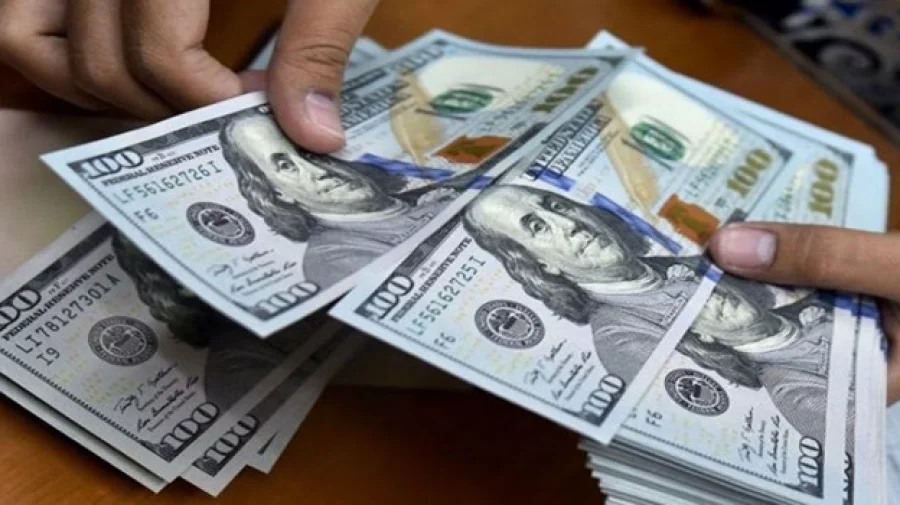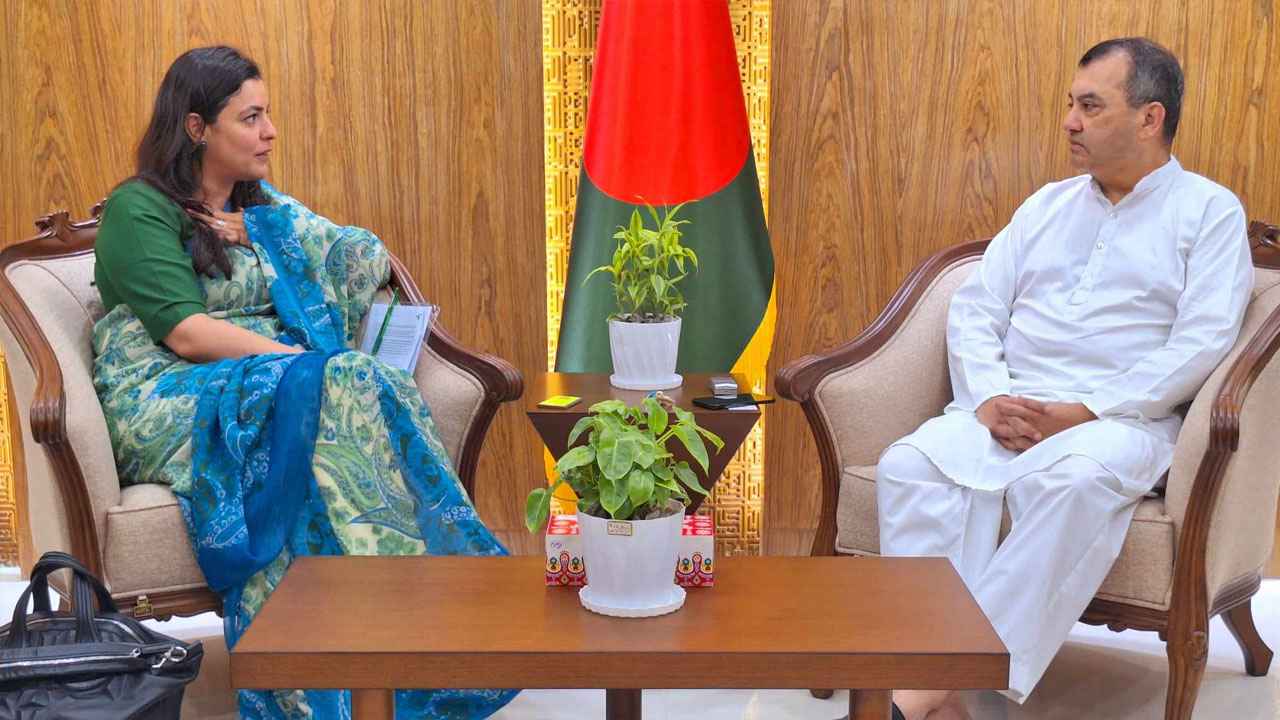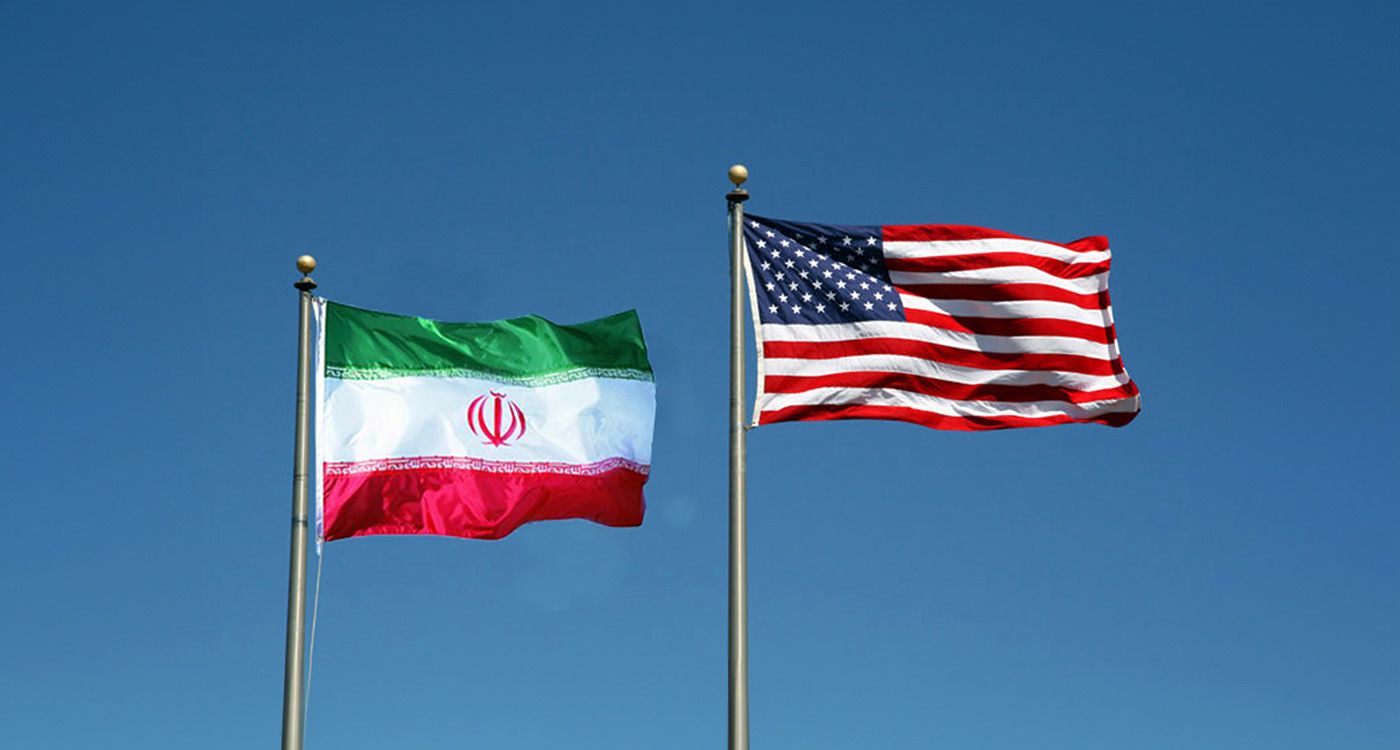
Iran’s foreign minister described the second round of indirect negotiations with the United States, held in Rome on Saturday, as “constructive and good.”
Speaking to Iranian media after the conclusion of the talks, Abbas Araghchi confirmed that the next round will take place in Oman.
Araghchi said the four-hour session was mediated by Oman and characterized the indirect exchange between the two sides as “good and constructive.”
He said Tehran and Washington had reached a “better understanding” on a number of principles and objectives, though he did not go into detail.
“The subject of the negotiations from our standpoint is the nuclear program and we will be committed to that subject. Obviously, as far as we are concerned, nothing other than building trust toward Iran’s peaceful nuclear program in return for the removal of sanctions will be the subject of the negotiations. The Americans have been adhering [to that framework] so far,” Araghchi later told reporters, according to the Iranian state-run news agency IRNA.
Before the next round of talks, Araghchi said there would be expert-level technical discussions between the two sides in Oman starting this Wednesday.
He also urged caution against “excessive optimism or pessimism” as the negotiations continue.
Esmaeil Bagaei, Iran’s Foreign Ministry spokesman, echoed Araghchi’s words on X, describing the session as “useful indirect talks” held in a “constructive atmosphere.”
“The two sides agreed to continue the indirect talks in few days at technical level, to be followed by another round at their own level on the coming Saturday,” he said.
A spokesperson for Oman's Foreign Ministry confirmed in a statement that during “today's meeting in Rome, Iran's Foreign Minister Dr. Seyed Abbas Araghchi and US Presidential Envoy Steve Witkoff, through the mediation of Oman's Foreign Minister Sayyid Badr Albusaidi, have agreed to enter into the next phase of their discussions that aim to seal a fair, enduring and binding deal which will ensure Iran completely free of nuclear weapons and sanctions, and maintaining its ability to develop peaceful nuclear energy.”
“It is only in dialogue and clear communication that we will be able to achieve a mutually credible agreement and understanding for the benefit of all concerned regionally and internationally,” the spokesperson added.
The ongoing indirect nuclear talks between Tehran and Washington, focused on Iran’s nuclear program, with the two sides communicating through Oman as an intermediary, began last Saturday in Muscat.
Iran said the first round took place in “a constructive atmosphere based on mutual respect.”
Following much speculation over the venue for the second round, the Iranian delegation led by Araghchi and the US delegation headed by Steve Witkoff, US special envoy for the Middle East, reconvened in Rome on Saturday.
US President Donald Trump has threatened military action against Iran if a new agreement is not reached, one that could replace the 2015 nuclear deal brokered under the Obama administration.
Earlier on Saturday, Araghchi also held talks with his Italian counterpart Antonio Tajani.
Araghchi reiterated Iran’s longstanding position, calling Israel “the only obstacle to the realization of a nuclear weapons-free West Asia,” as reported by Iranian media.
For his part, Tajani said Rome has become the capital of peace and dialogue, supporting "the path of dialogue and negotiation against nuclear weapons," according to an Italian Foreign Ministry statement.
"The Italian government hopes for a positive solution that could contribute to stability in the Middle East," the statement added.
